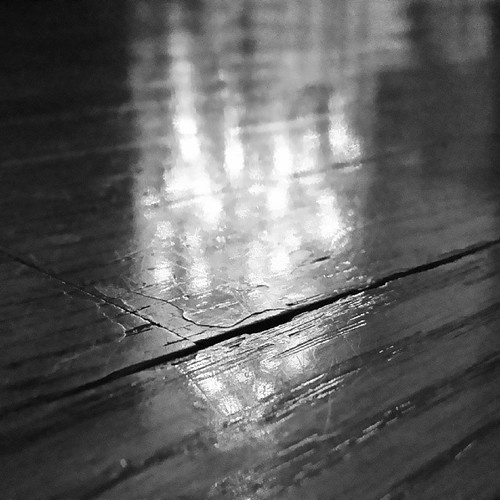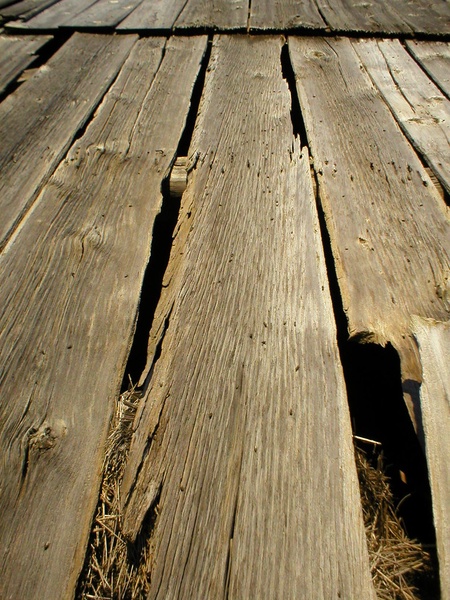Hardwood Floor Cracks: Common Causes And Preventions
If you have hardwood floors or are thinking about hardwood floors, you may be worried about potential damage that might ruin the beautiful look of your floors. One kind of damage that hardwood floors can suffer from is cracking. If you’ve experienced hardwood floors with cracking, it’s important to understand two things. The first is that cracking is very common. The second is that there are some steps you can take to help reduce cracking damage.
As Philadelphia’s hardwood flooring experts, we’ll give you a quick run down of the mechanics behind wood floors cracking, and what you can do to prevent this kind of damage.

Why Do Wood Floors Crack?
The main reason that hardwood floors crack comes down to seasonal changes. Changes in the weather cause changes in the temperature and environment that affect the size of the wood. The thing to keep in mind is that wood flooring is a natural product. It does have a small amount of moisture in it and can take on more moisture with changes in humidity.
The wood’s natural sensitivity to moisture means that as the moisture in your home or property changes, the moisture in the wood changes. So if the air in the environment becomes drier, which is the most common cause of cracking, then the wood will also dry out. When the wood dries out, it shrinks away from its layer of finish, causing the already dry finish to crack. If the wood becomes too dry, it can become damaged and cracked as well.
Wood Floors in Winter
Winter weather can be very hard on wood flooring. First, the temperature drops cause the homeowner to turn on their heat and close off the space to the cold outside air by shutting their doors and windows. What the heating system does is dry out the air in the home, which in turn pulls moisture from the wood, causing it to shrink. Any wood floors near heaters, fireplaces, and air ducts are especially bad for cracking damage.
The second part of winter that can damage the floors is the winter weather. When the air temperature goes below freezing, a lot of the moisture outside can get trapped as frost or snow. This just adds to the lack of moisture in the air and causing the wood to crack more. This can be especially pronounced during a long period of winter weather.
The good news is that this cause of cracking will often fix itself. When the weather gets warm again and more moisture returns to the air, a lot of that moisture can be reabsorbed by the wood. Over time the wood will expand and return to its original condition.

How to Fix Cracked Floors
It may be tempting to want to repair the cracks in the floor with filler or a refinish, but it’s important to let the wood readjust in warmer months and not to fiddle with it. After a few seasons of temperature and moisture change, the floor should be able to mostly adjust and withstand the expanding and contracting of the seasons.
If you are concerned about the wood getting damaged and want to mitigate it, one thing you can do is operate a household humidifier. This is especially helpful during the winter when the wood is most prone to cracking damage. You can also use a humidity monitor to check that the humidity in the home is within good range for the wood. This tool can be found at most home goods stores. Ideally, the humidity should be in the 40%-55% range.
If you follow these steps, your wood should be in good condition, no matter the weather. For any other damage that may need work, you should talk to the expert at Artisan Wood Floors who are the top hardwood floor repair team in Philadelphia.
Call today at (215) 515- 7355 and ask for Steve!

0 Comments